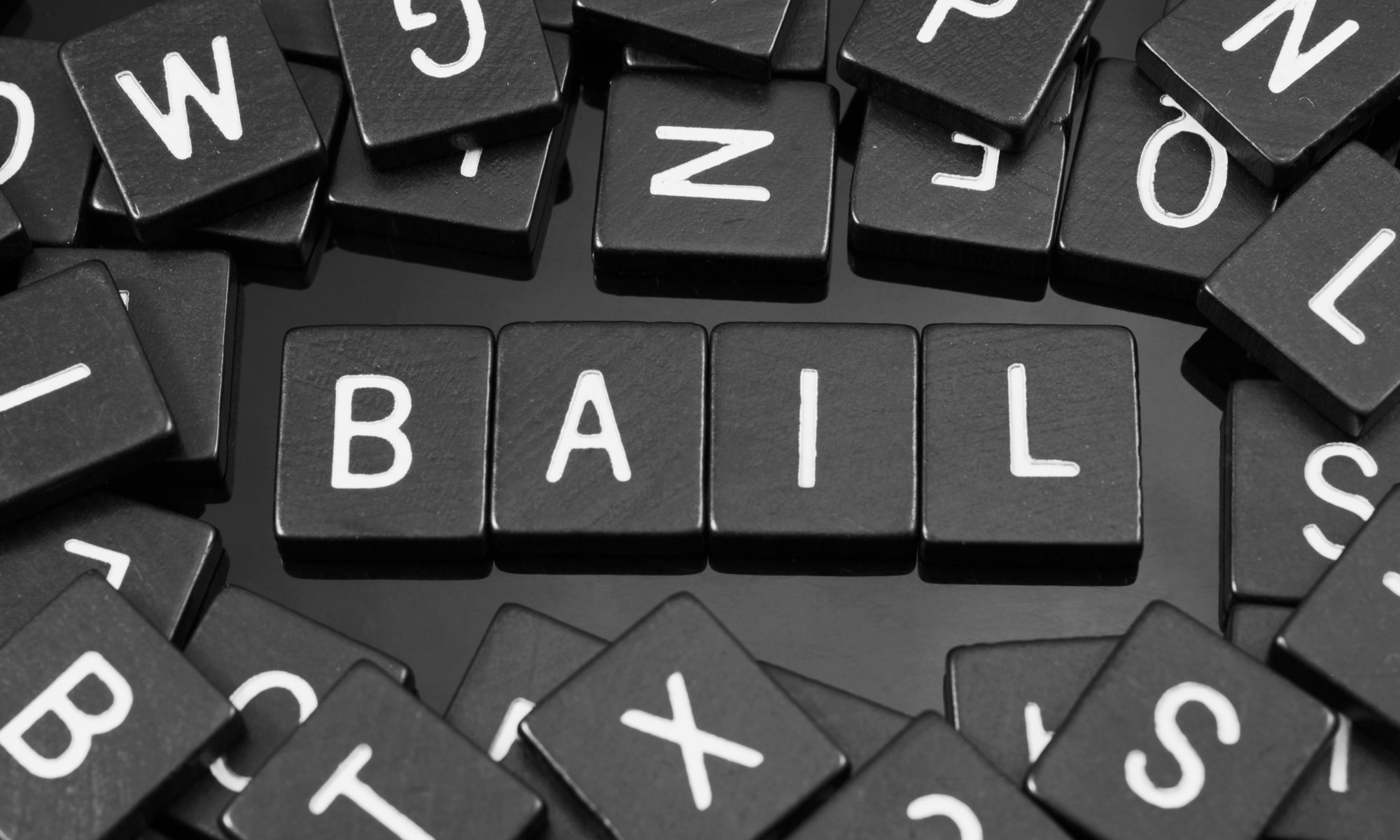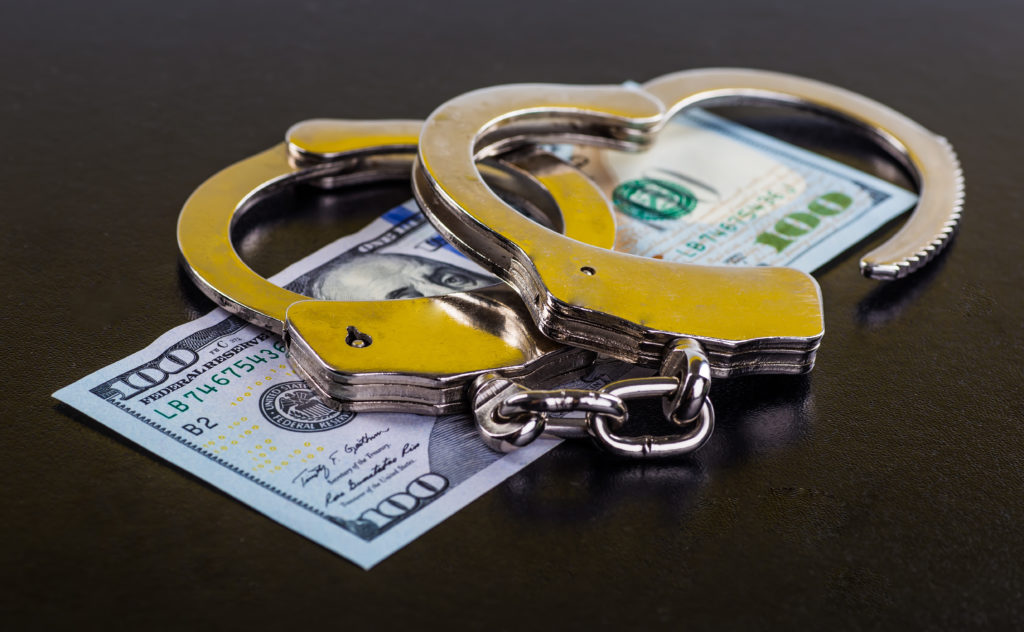
Life is complicated. Situations get out of control. Emotions often cloud judgment. These are all realities that all adults content with at some point or another. A lot of times, it is complex situations that involve a heightened emotional and stress that lead people to do less-than-rational things that might end up in an arrest. Sometimes, it may be simply being in the wrong place at the wrong time, as has occurred to some that have found themselves facing false accusations or unjust charges. Whatever the case may be, an arrest is never clear cut and will often be quite complicated, so here are a few tips to keep in mind in case you ever find yourself in that situation.
- Stay Calm. If you find yourself facing arrest, it’s best to stay calm, even when you feel or know that there are unjust or confusing circumstances. Law enforcement will be watching your behavior and erratic or defiant behavior can certainly count against you in a court of law. Maintain your composure and be polite and firm.
- Be polite. This goes hand-in-hand with the one above. Even if you feel the arrest or detention is unjust, you want to be polite and respectful to all law enforcement and comply with their requests and allow them to do their job. It is only their job to apprehend you, they do not determine your guilt or innocence per se, so the speech you have prepared will not work. Whatever you need to communicate to the officers, ensure that it is in a clear and polite manner.
- Do not resist. Regardless of circumstances, resisting arrest or running away from police will not only look bad in court but can actually get you into more trouble, including dangerous situations.
- Don’t say anything that you don’t have to. If you’re being taken into custody, the police are likely not interested in having a conversation with you. They have a job to do and their job is to take you in. Proving your innocence or making your case comes later. So if you don’t have to say anything to police, it’s best to save it until you have a lawyer present.
- Ask for a lawyer. It is important to let the police know that you would like to call a lawyer. Asking for an attorney will deter the police from interrogating you until that request is met.
- Consider bail. Depending on the circumstances and the nature of the accusations, the case, and your criminal background, a judge may decide that you are able to post bail. You may need to find a bail bonds place to help you come up with the cash. It’s important to post bail in order to avoid spending unnecessary time in jail and jeopardizing your job, careers, relationships, etc.
Stay Calm and Call Someone You Trust
Freedom Bail Bonds is there to help you get out of jail and await your trail. It is not necessary to spend time in jail and have your whole life turned upside down when you have not even been convicted of a crime. A month or two in a detention facility can really change a lot of circumstances in people’s lives.

 We all know that emergencies never happen at a convenient time. When it comes to you or a loved one getting arrested, dealing with bail bonds at all hours of the night or early morning hours can be a challenge. However, at
We all know that emergencies never happen at a convenient time. When it comes to you or a loved one getting arrested, dealing with bail bonds at all hours of the night or early morning hours can be a challenge. However, at